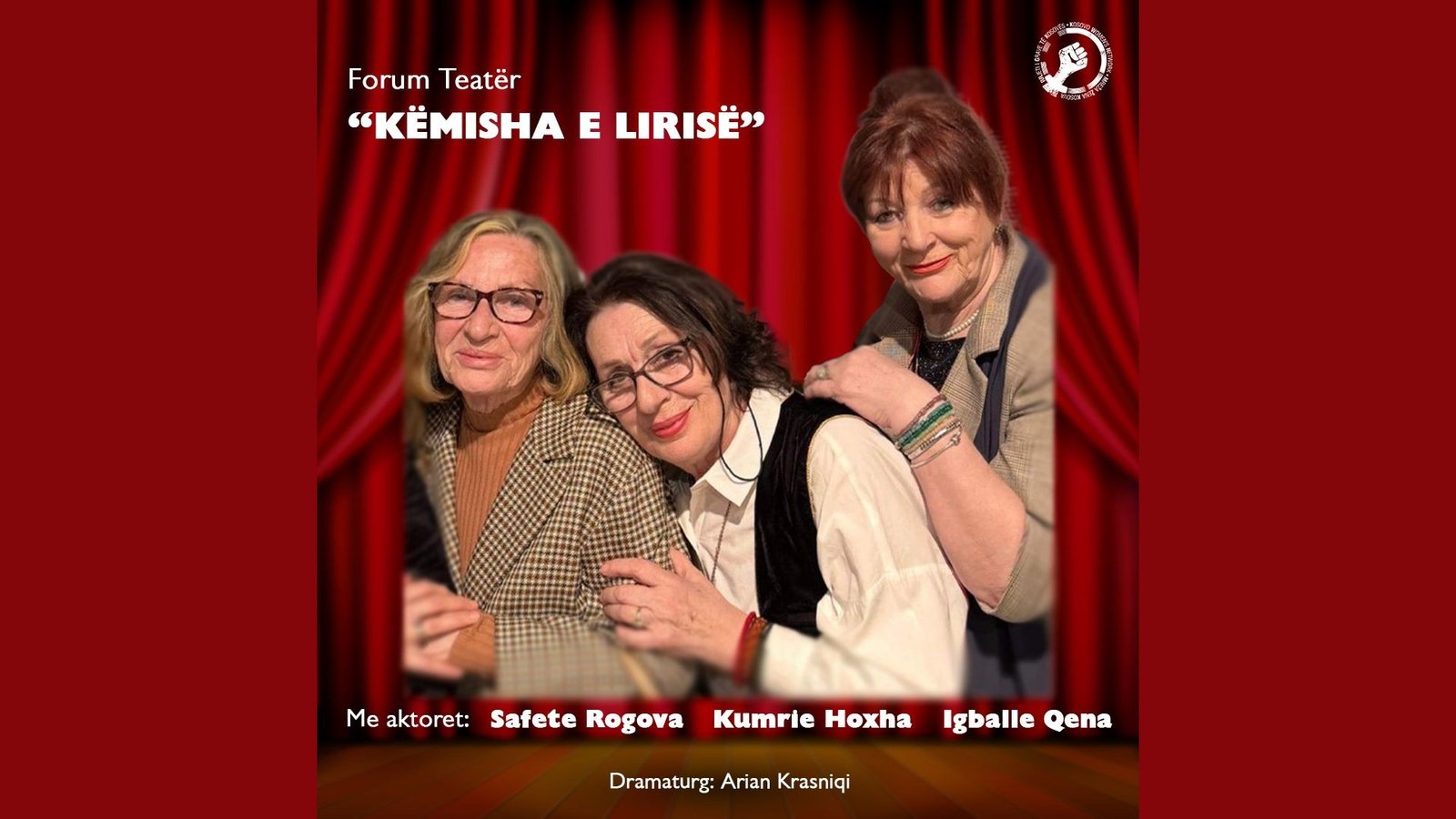The member organization of the Kosovo Women’s Network, “EcoKosWomen” (EKW), held a roundtable titled “The Right to Quality Health Care.” This roundtable aimed to advocate to local institutions for improving access to quality health care for Roma, Ashkali, and Egyptian women, as well as addressing the problems and challenges encountered during their access to primary health care.
Qendresa Ademi from the Roma community, a Municipal Assembly member in Fushë Kosova, stated that access to quality health services among the Roma, Ashkali, and Egyptian communities continues to remain discriminatory. However, she mentioned that over the years, there has been improvement. “I have talked with women since I represented them in the Municipal Assembly, and the current situation of women and girls in access to health remains difficult, mainly due to economic conditions.”
“The approach of the gynecologist is lame because there is the biggest discrimination. This is a result of severe economic conditions, lack of access to drinking water, and women’s check-ups are often not carried out because the doctors themselves have shown an aggressive approach to women, telling them that they should be cleaner. Difficulties usually occur in the absence of a doctor in the neighborhood, they don’t have organized transportation, so access becomes difficult,” she said.
Nita Ferizi Sadiku, the researcher of the project, stated that the research findings indicate that women from the Roma, Ashkali, and Egyptian communities lack information about the primary health care available at the main center of family medicine. Consequently, in the absence of this information, they are often directed towards tertiary care or even private clinics. This situation is concerning, given the absence of information about specialist gynecologists and pediatricians, which has been requested by the communities as they perceive it as necessary.

“Regarding violations of the right to healthcare, approximately 60 percent of the respondents state that they lack awareness of these violations or are uncertain about how to report them, including a lack of knowledge about the rights granted to them by law,” she said.
Remzi Shala, the head of the Family Medicine Center in Fushë Kosovë and a participant in the round table, expressed his perspective on health services, stating, “I believe that we have endeavored to be inclusive and equitable in providing quality health services accessible to this specific category, with a particular emphasis on Fushë Kosovo.”
“I personally advocated in the Municipal Assembly to ensure no distinctions in the provision of health services, as they are mandatory and must be equal. I believe the services provided are equitable. We have given special attention to vaccination and palliative care, and I think we should do even more, considering that the Roma, Ashkali, and Egyptian communities face the most challenging economic conditions. In the municipality of Fushë Kosova, we feel positive because there is no division in the provision of health services. Communities are accepted with equal rights,” he said.

This roundtable is organized within the project “Promotion of health care – a necessary part of life.”
The organization “EcoKosWomen” conducted this activity as a beneficiary of the 18th round of the Kosovo Women’s Fund, supported by the KWN’s Further Advancing Women’s Rights in Kosovo II,” financed by the Austrian Agency for Development (ADA) and co-financed by the Swedish International Development Cooperation Agency (Sida).




